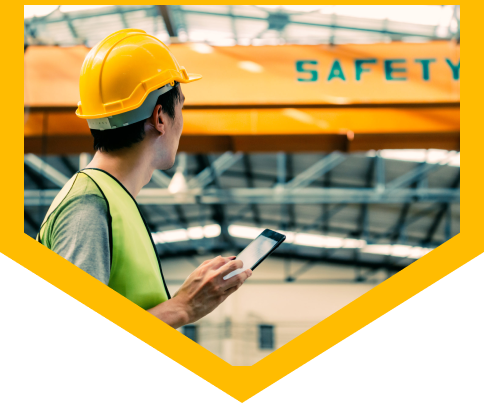The Crucial Role of Mock Drills in Emergency Preparedness
- info@safetymastery.com
- +91 7200322134


How Mock Drills Improve Response Time and Preparedness
How Mock Drills Improve Response Time and Preparedness
In today’s fast-paced and unpredictable world, being prepared for emergencies is paramount. One effective method to enhance emergency preparedness and response capabilities is through the implementation of mock drills. These simulated exercises replicate real-life emergency scenarios, providing participants with invaluable hands-on experience and helping organizations fine-tune their emergency plans. In this comprehensive guide, we will delve into the importance of mock drills and how they can elevate your emergency preparedness efforts.

The Significance of Mock Drills:
Mock drills play a crucial role in building a culture of safety and preparedness within organizations. By simulating emergency situations such as fires, natural disasters, or other critical incidents, mock drills allow participants to practice response procedures, test communication channels, and identify areas for improvement. Through regular mock drills, organizations can enhance their response capabilities, reduce response time, and ultimately save lives in emergency situations.
Safety International Diploma
- Ofqual Regulated Qualifications London, UK
- GradIOSH/CertIOSH status from IOSH, UK
- TSP status from BCSP, USA
- Gateway to MSC in UK universities
one or two years of qualification.
Get Courses Details
Get Courses Details
Safety Diploma
- Government-Endorsed National Safety Diploma Program
- Qualify for registration at the Employment Exchange
- Attestation by the Ministry of External Affairs for those wishing to move abroad
- Eligible for membership with MIIRSM (IIRSM membership at discretion)
- Approved by the Government of India
- Enhance your educational profile with an additional one or two years of qualification
Benefits of Mock Drills:
- Skill Development: Mock drills help participants develop essential skills such as decision-making, communication, and problem-solving under pressure.
- Testing Emergency Plans: Mock drills enable organizations to test their emergency plans and procedures, identifying strengths and weaknesses for improvement.
- Building Confidence: Participating in mock drills boosts the confidence of individuals and teams, ensuring they are better equipped to handle real-life emergencies.
- Enhancing Coordination: Mock drills promote collaboration and coordination among various stakeholders involved in emergency response.
- Improving Response Time: Through regular practice in mock drills, participants can refine their response procedures and reduce the time it takes to react to an emergency.

Best Practices for Conducting Mock Drills:
- Define Objectives: Clearly outline the objectives of the mock drill, including the scenario, goals, and expected outcomes.
- Involve Stakeholders: Engage all relevant stakeholders in the mock drill, including employees, emergency services, and community organizations.
- Provide Training: Offer training and guidance to participants to ensure they understand their roles and responsibilities during the mock drill.
- Evaluate Performance: Assess the performance of participants and provide constructive feedback for improvement.
- Review and Update Plans: Use insights gained from the mock drill to review and update emergency plans and procedures as needed.
